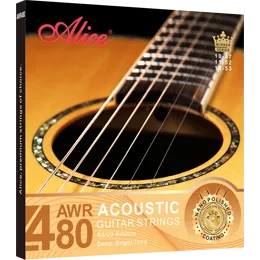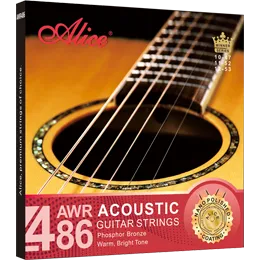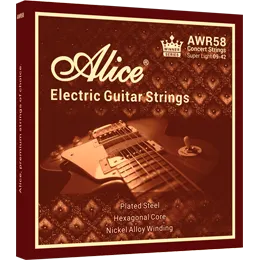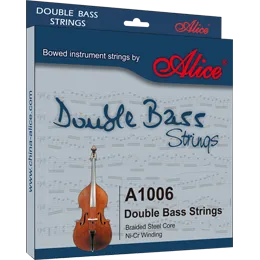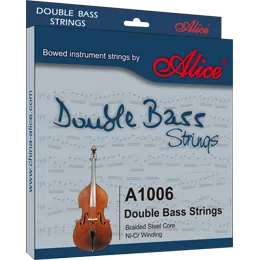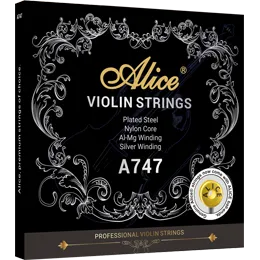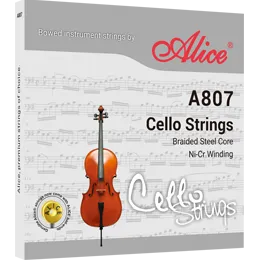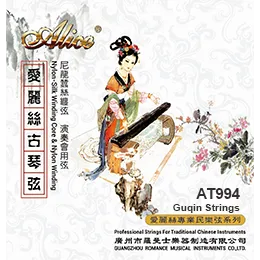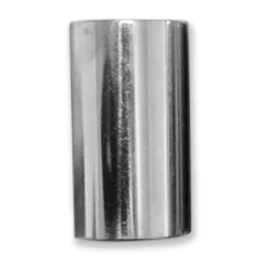Why Do Guitar Strings Break?
All guitarists fall victim to broken guitar strings. There's nothing worse than the horrible sound of a rope snapping in half.
Why do guitar strings break? There are two main reasons for guitar strings to break. The first reason is that guitar strings can degrade over time due to oxidation. On the other hand, the second is that the wood expands and contracts due to changes in moisture, which increases and decreases the string tension. The other common reasons are abnormal wear due to rough areas, sharp edges, over-tightening, poor technique, etc.
Is there a way to prevent it? Or at least a way to extend the life of a set of strings? The good news is that by understanding why guitar strings break, we can learn how to prevent it.
This article will mainly discuss the most common reasons why guitar strings break. Let's get started it!

The main reasons why guitar strings break
Number of times to tune the guitar string
Constant tuning won't damage the guitar, but it will damage the strings. Frequent tightening and loosening of guitar strings weaken their tension, causing guitar strings to break more easily, called the phenomenon of fatigue.
Guitar strings break because they are old
Over time, skin oils and acids, along with general dirt, debris, and grime, can build up on the surface of the strings. Not only does this make guitar strings sound dull, but it accelerates broken strings.
On the other hand, the combination of the above contaminants with oxygen can cause oxidation or corrosion to damage the molecular structure of the strings. In addition, combined with high tension, vibration, and constant pick strikes, this damage can cause breakage.
There are two main aspects of guitar picks that can cause guitar strings to wear out faster and eventually break. One is the thickness of the guitar pick, and the other is its sharpness.
Why choose Alice Strings

Founded in 1999, Alice Strings is a technology-based enterprise integrating R&D, manufacturing, and sales.
The company has a professional R&D center. Chemical, mechanical, and structural methods thoroughly test materials and finished products. In addition, we have won many industry honors, such as high-tech enterprise, ISO9001:2015 certification, and more than 50 invention patents.
Alice Strings supplies more than 2000 products, mainly classical guitar strings, acoustic guitar strings, electric guitar strings, and other accessories.
If you are looking for a reliable supplier, contact us.
Relate News
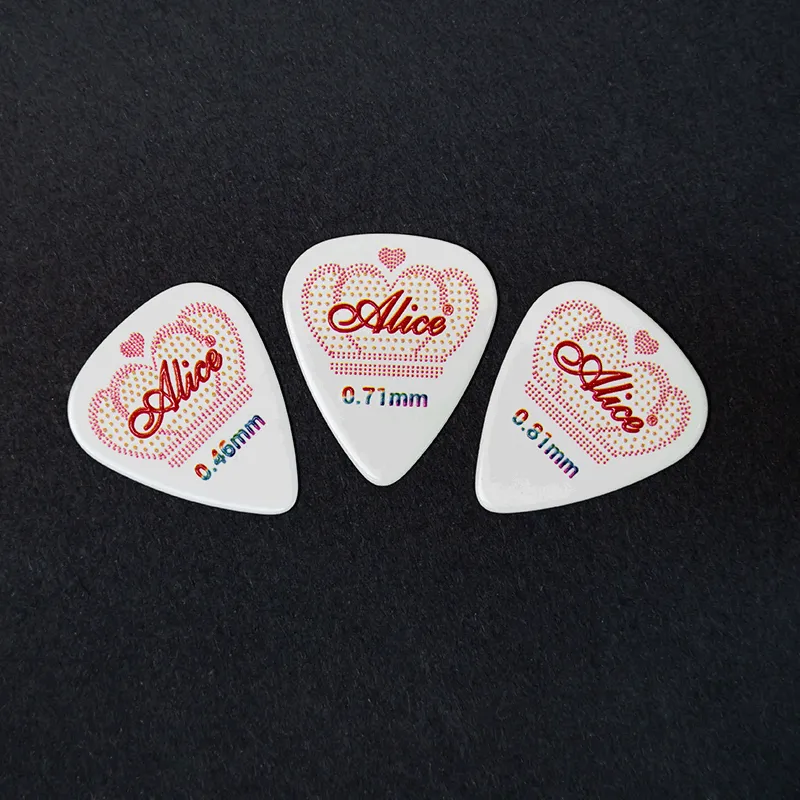

Electric Guitar Strings Gauge Chart: A Complete Guide for Guitarists

What Are Violin Strings Made Of?
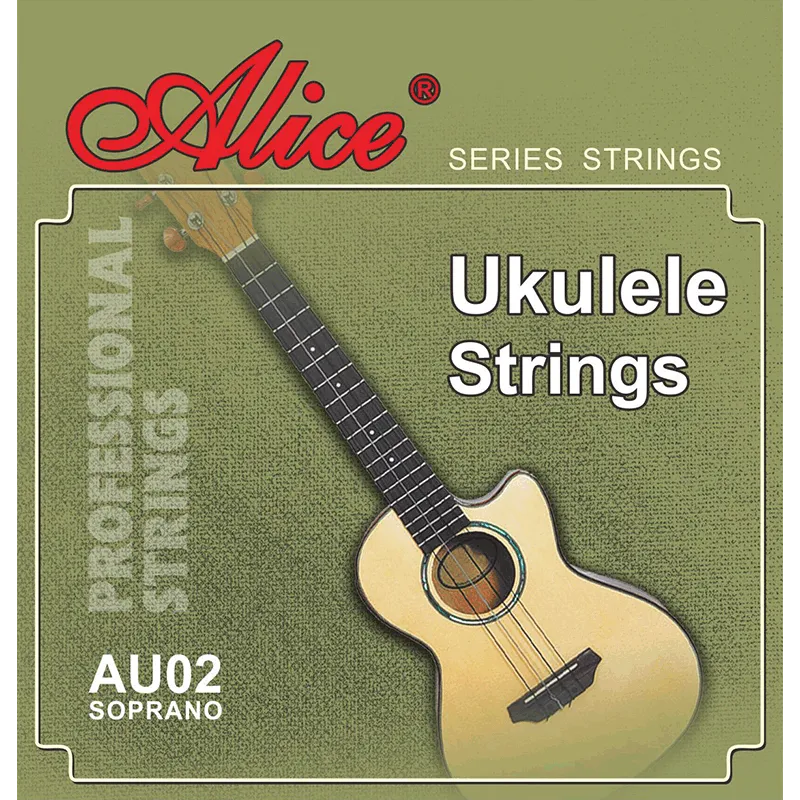
Folk Instrument Strings: Types, Materials & How to Choose the Right Set
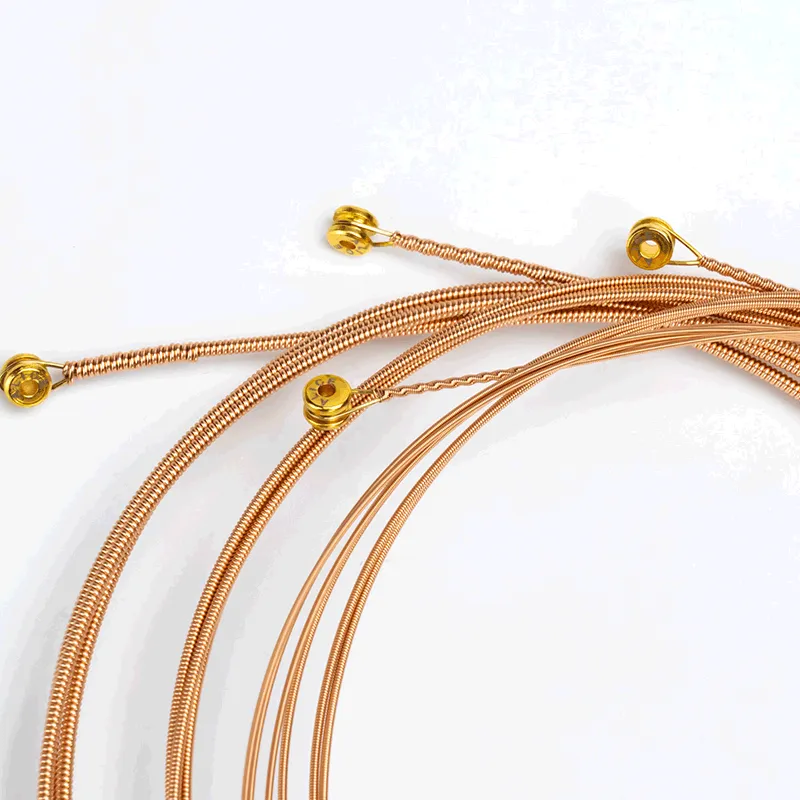
Which Acoustic Guitar Strings Fit Different Music Styles Best?

Common Guitar String Problems: How to Fix Tuning Issues, Rust, and String Breakage

Complete Guide to Guitar String Materials: Which One Is Right for You?
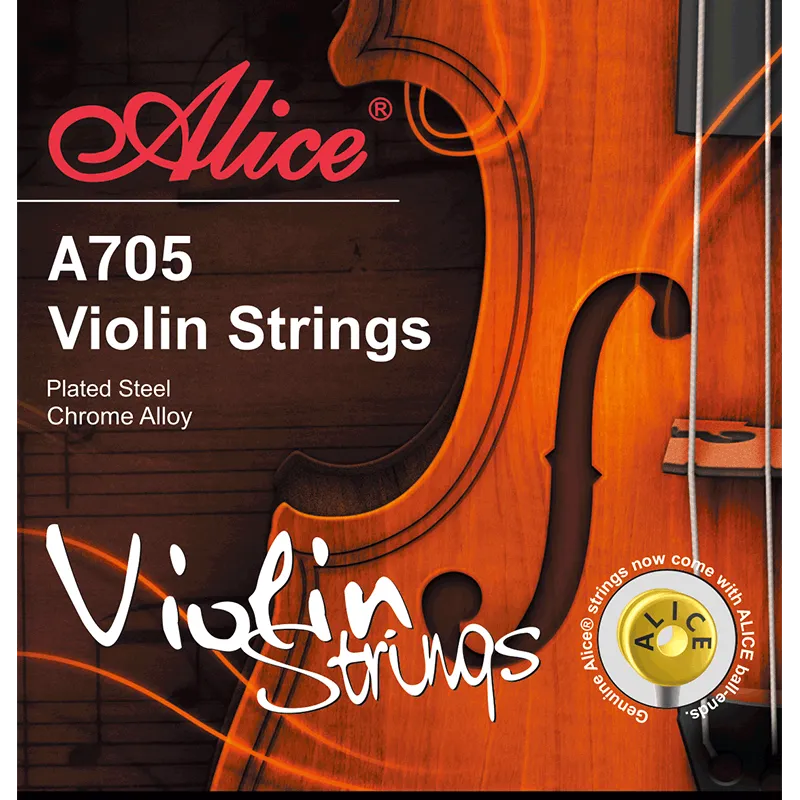
The Complete Guide to Orchestral Strings: Everything You Need to Know

Inside the Craftsmanship: The Manufacturing Process of Guitar Strings

Wholesale Guitar String Purchasing: A Practical Guide for Retailers and Distributors
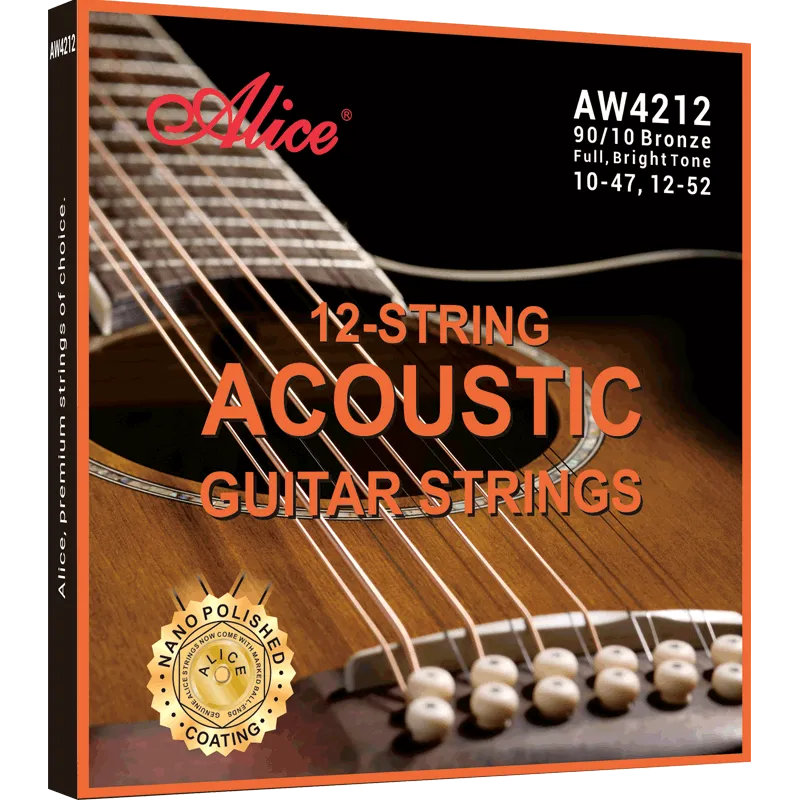
How to Choose the Right Guitar String Models for Export Markets






